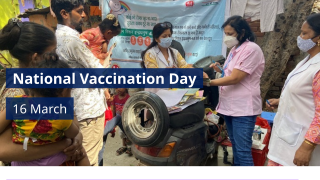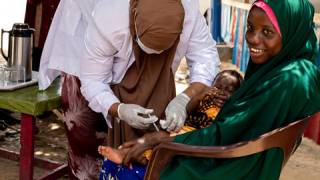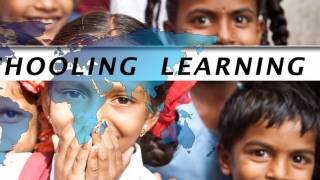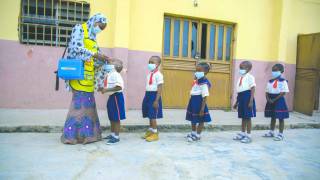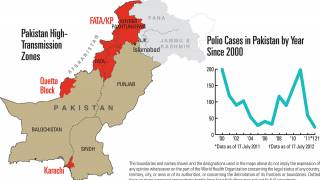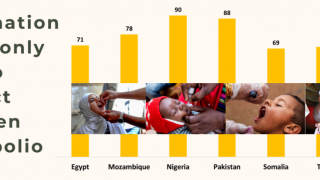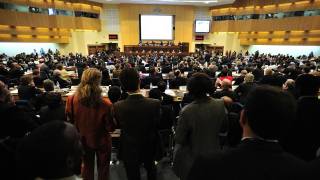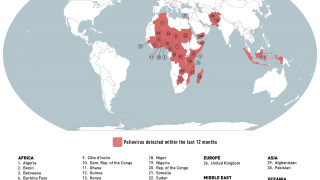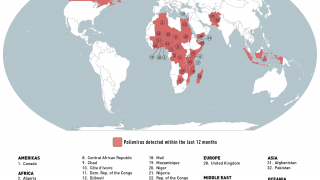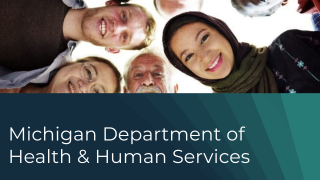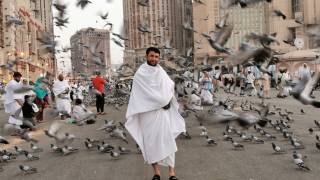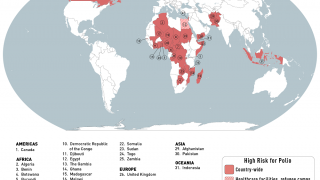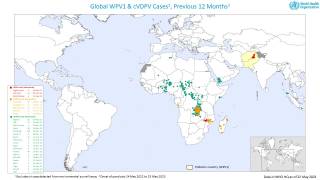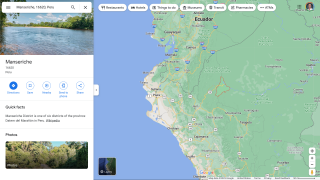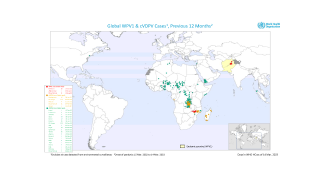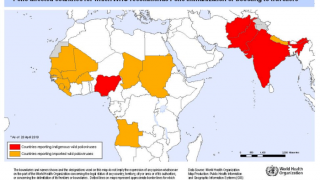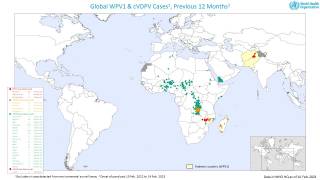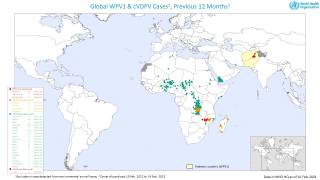Polio Vaccinations for 21 Million Children
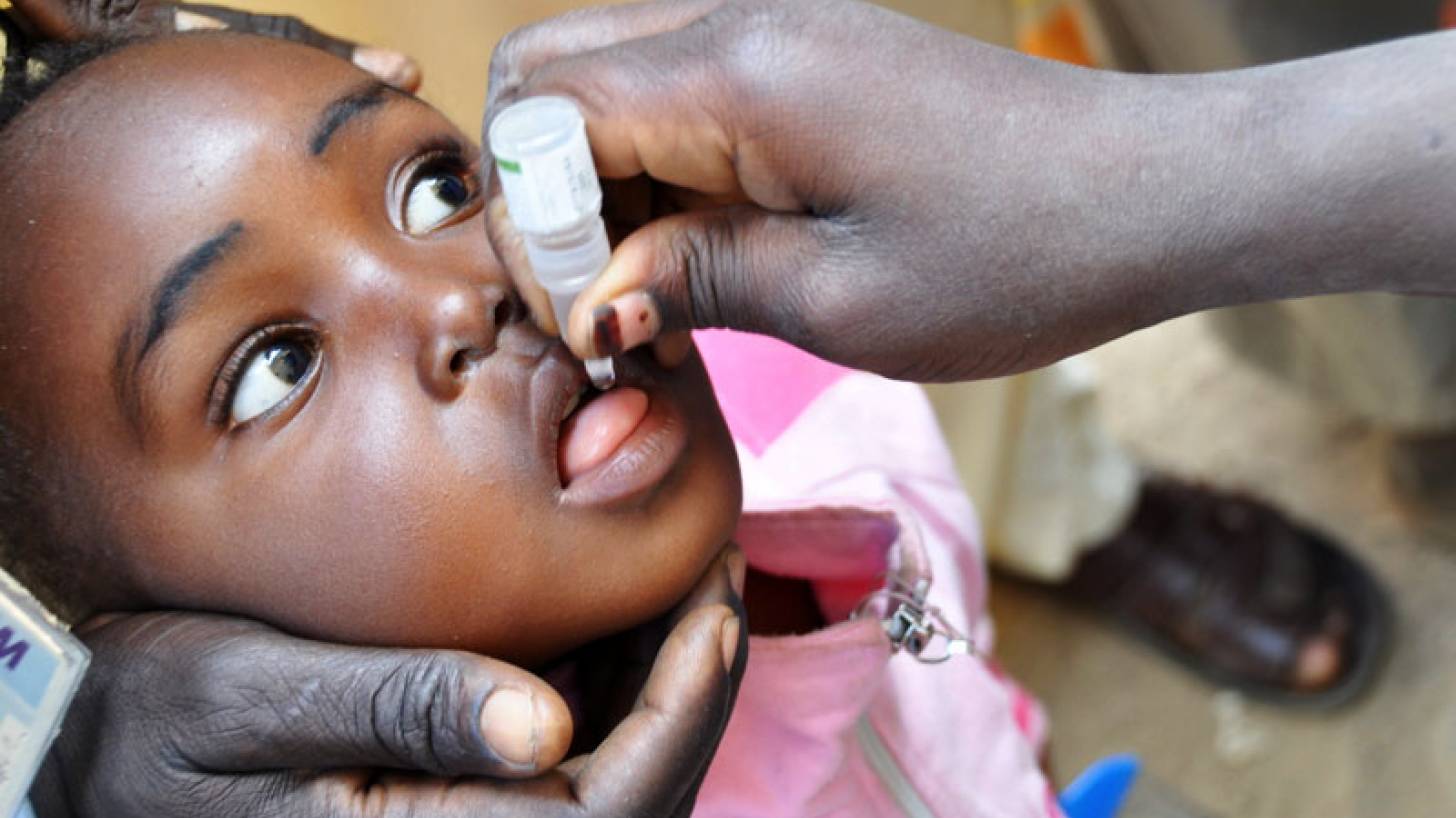
Africa's most extensive polio vaccination campaign since 2020, launched in May 2023 to immunize 21 million children under five.
Vaccinations began in Cameroon, Chad, and Niger before being extended to the Central African Republic in response to 14 detections of type-2 poliovirus in 2023.
The multi-country initiative is supported by the World Health Organization (WHO) through the Global Polio Eradication Initiative (GPEI) and comprises synchronized vaccinations and joint plans in border communities to halt polio transmission.
"This is a crucial undertaking to close vaccination gaps in the wake of the COVID-19 pandemic and will provide millions of children with vital protection from the risk of irreversible polio paralysis," said Dr. Matshidiso Moeti, WHO Regional Director for Africa.
"Synchronizing the campaign will ensure that a large cohort of children across the four countries receives the vaccine simultaneously to enhance polio immunity in a broad geographic area."
The Lake Chad region, which includes three of the four target countries, is grappling with one of the world's most protracted incidents of armed violence. It is also home to one of the highest proportions of so-called "zero dose" children globally, either unvaccinated or under-vaccinated.
All four countries have made considerable efforts to bolster polio detection, curb the spread of the virus and protect children from the risk of infection and lifelong paralysis. However, despite all being certified free of indigenous wild poliovirus (the naturally circulating strain), the ongoing circulating variant poliovirus type 2, the most prevalent form of polio, persists.
Across the countries, governments have continued to improve the quality of immunization activities, bolstered by the broad implementation of supplementary immunization campaigns.
These are targeted at addressing the residual risks for all forms of poliovirus while also boosting routine immunization at the country level.
In addition, door-to-door implementation has eased the burden on parents to transport their children to health facilities for vaccination. With support from WHO, health workers are now also administering vaccines in homes and at religious centers, markets, and schools.
As champions of poliovirus eradication, religious and community leaders also help mobilize caregivers to vaccinate their children against polio and all preventable diseases.
Importantly, reliable data is crucial for effective disease surveillance and outbreak response. In the wake of the ongoing outbreaks of circulating variant poliovirus, countries have also stepped up surveillance to detect cases.
"The use of Geographic Information Systems tools, including Open Data Kit, is also accelerating the response to alerts of potential polio cases, helping curb the spread of the virus," said Dr. Richelot Ayangma, GPEI lead in West and Central Africa.
In Africa, the type 2 novel oral polio vaccine (nOPV2) polio vaccine has been deployed 620 million times since 2021 in more than 29 countries worldwide.
The U.S. Centers for Disease Control and Prevention (CDC) Advisory Committee on Immunization Practices presentation on October 19, 2022, confirmed the nOPV2 is less likely to be associated with the emergence of cVDPV2 and can provide mucosal immunity to limit the virus's spreading among IPV-vaccinated people.
The CDC and the State of New York confirmed as of May 1, 2023; sequencing analysis confirmed that one cVDPV2 positive sample of concern had been found in Rockland County, NY.
As of May 22, 2023, genetically related poliovirus has been detected in wastewater samples collected in Rockland County, Orange County, Sullivan County, Nassau County, Brooklyn (Kings County), and Queens County.
The WHO, Rotary International, the United Nations Children's Fund, Gavi, the Vaccine Alliance, the Bill & Melinda Gates Foundation, and the CDC have joined forces behind "The Big Catch Up." This is a targeted global effort to boost essential immunization among children following declines driven by the recent pandemic.
Our Trust Standards: Medical Advisory Committee

